Our guide to fishing this spring (2025)
With the worst of the weather over (we hope!) and with spring finally here, it’s time to clean out that tackle box and get on the bank for some spring time fishing.
Spring-time is fast approaching and what a glorious time of year it is. The days are getting longer and things are stirring underfoot. Flowers bloom, trees blossom and nature smiles. A time of new life, new growth and a time when, according to Lord Byron; ‘A young man’s fancy lightly turns to thoughts of love.’ Well, that may be so for young men, but more accurately for me at my age, my thoughts turn to fishing.
Being out and about at this time of year is an absolute joy. Even during the days of early March the signs are there that things are quickly changing. Clusters of snowdrops have burst forth along the verges, daffodils, tall and erect, dance in the cool March breeze. Everything that makes fishing enjoyable is now enhanced and more abundant. Then, as the season progresses, the gradual warming from the sun’s early rays bring about the buzzing of insects and the increasing volume of birdsong is surely music to everyone’s ears. Then more delights in April and May as all around becomes a carpet of blue as wave after wave of bluebells shoot up in an ocean of colour resplendent to the eye.
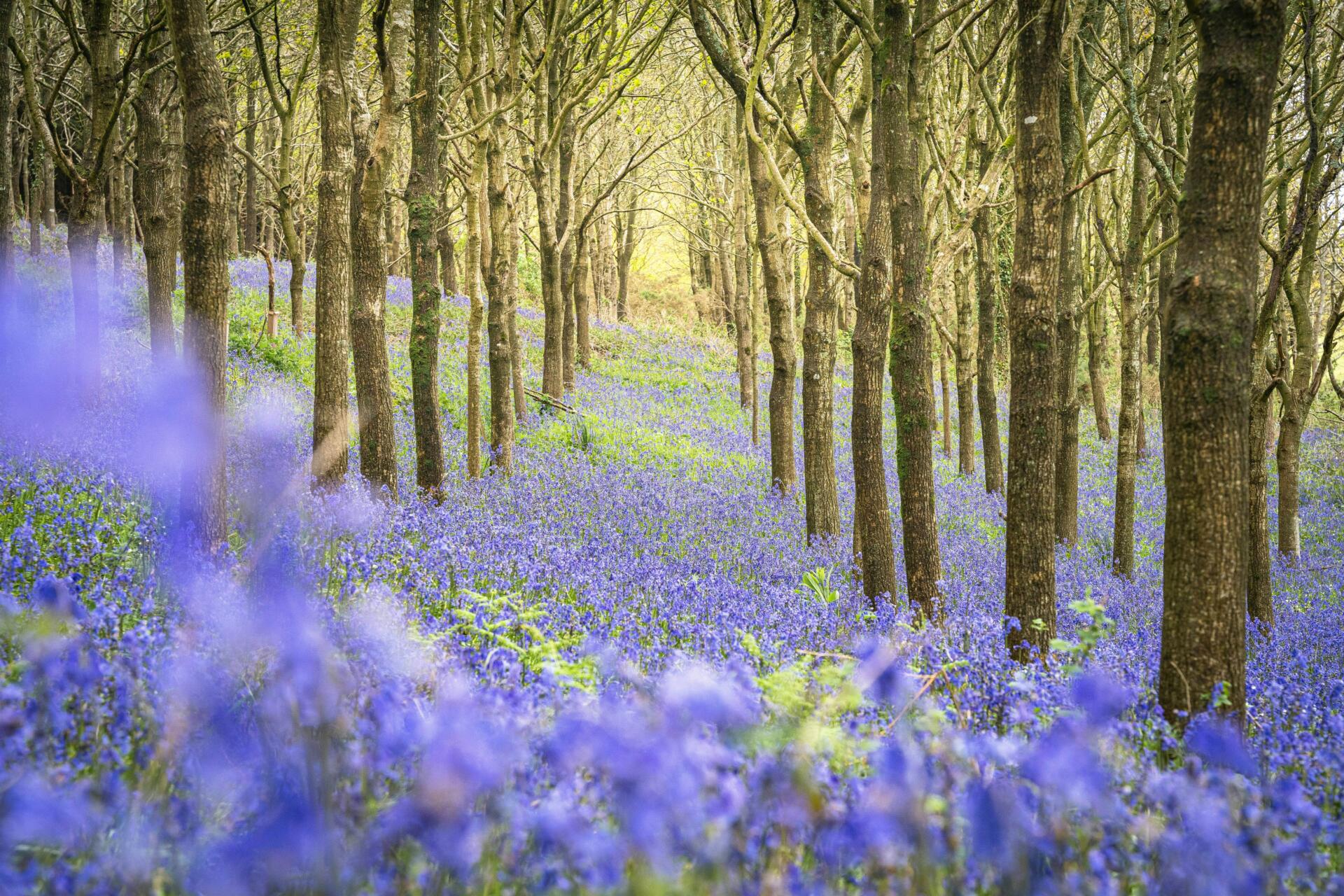
Being out and about at this time of year is an absolute joy
And let’s face it, most of us have waited long enough through the dark days of January and February, waiting for those daylight hours to extend into the evenings when the itch to get the rods out becomes one we have to scratch.
Don’t get me wrong, I have had the occasional sojourn to the water’s edge during winter’s long grasp with varying degrees of success, but, I can’t honestly say that sitting hunched under an umbrella fending off an icy drizzle, whilst in the teeth of a biting north easterly is as much fun as it used to be. Maybe it’s my age. Of course winter fishing is not always like that, but those of you who have been out will know what I mean.
When is Spring?
Officially, Spring is the period starting in late March (20th to be exact) and ending in Late June (20th June) and it is probably most anglers favourite time of the year. The river banks and lake sides are teeming with life and the birds mating and territorial songs are at their loudest and most beautiful and of course, most importantly of all, the fish are becoming more active and beginning to feed in earnest after the largely soporific winter months.
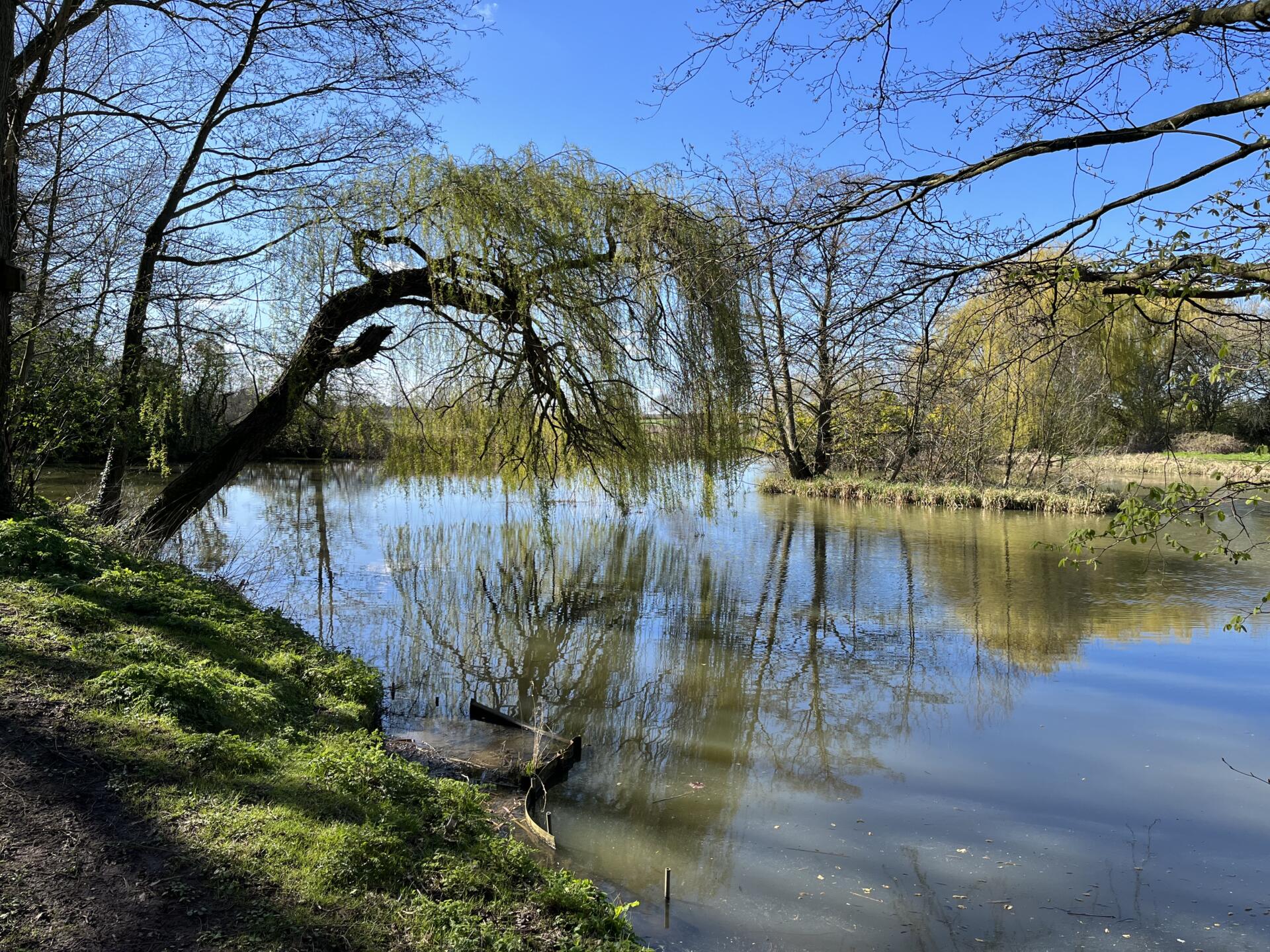
The river banks and lake sides are teeming with life in early spring.
Wrap up warm
A word of caution here. Although the temperatures are beginning to rise it can still turn cold as the seasons overlap and winter can sometimes be reluctant to release it’s icy grip, so make sure you still take plenty of warm clothing and check the weather forecast before venturing out. The age old saying, ‘ne’er cast a clout ‘til May is out’ is still very apt, referring as it does not to the month of May as many believe, but, to the flowering of the hawthorn tree. So, clothing wise it’s far better to have stuff you may not need than to need layers you haven’t got. I’m thinking now particularly of a good pair of thick socks and stout boots and a waterproof jacket.
Although for the majority of the Spring season, rivers will be out of bounds, there is still much to go at in the shape of lakes and canals, however, when choosing a new water it pays to check that your intended venue does not have a closed season.
Clean out your tackle box
If you have spent most of the winter months in front of the telly, now is a good time to get in the shed and dust the cobwebs off your tackle in readiness for the new campaign. Sort out your tackle box and get rid of all the detritus that seems to accumulate over time. Give everything a spring clean so it’s all fresh and ready to go when you venture out on that next trip.
If carp fishing is your thing discard any old or frayed rigs and set about making new ones. Not only does this make sense from a practical point of view, but I find it also engenders confidence, knowing that all the gear is new and up to the job. And as we all know, the more confident we feel, the better we fish. Some anglers change their reel line two or three times a season. Personally I regard this as being a tad excessive as well as very expensive, but it might be time to check your spools and if they haven’t been changed for a while, now would be a good time to sort it. No-one wants to lose a fish due to old or frayed line.
New targets
As the Spring season approaches I like to contemplate my adventures in the coming months and set myself new targets. This is not always with regard to new personal bests, (although they are certainly in my thoughts as I still have never caught a two pound perch. I know, it’s a shocking admission and I can hear the gasps of disbelief as we speak, but, alas it is true). I also like to try out new venues and new methods and having a go at tactics that I’ve never employed before. Like a lot of anglers I have my tried and tested ways of catching fish, but it is good to; now and then have a bash at something completely different and learn a new skill or two.
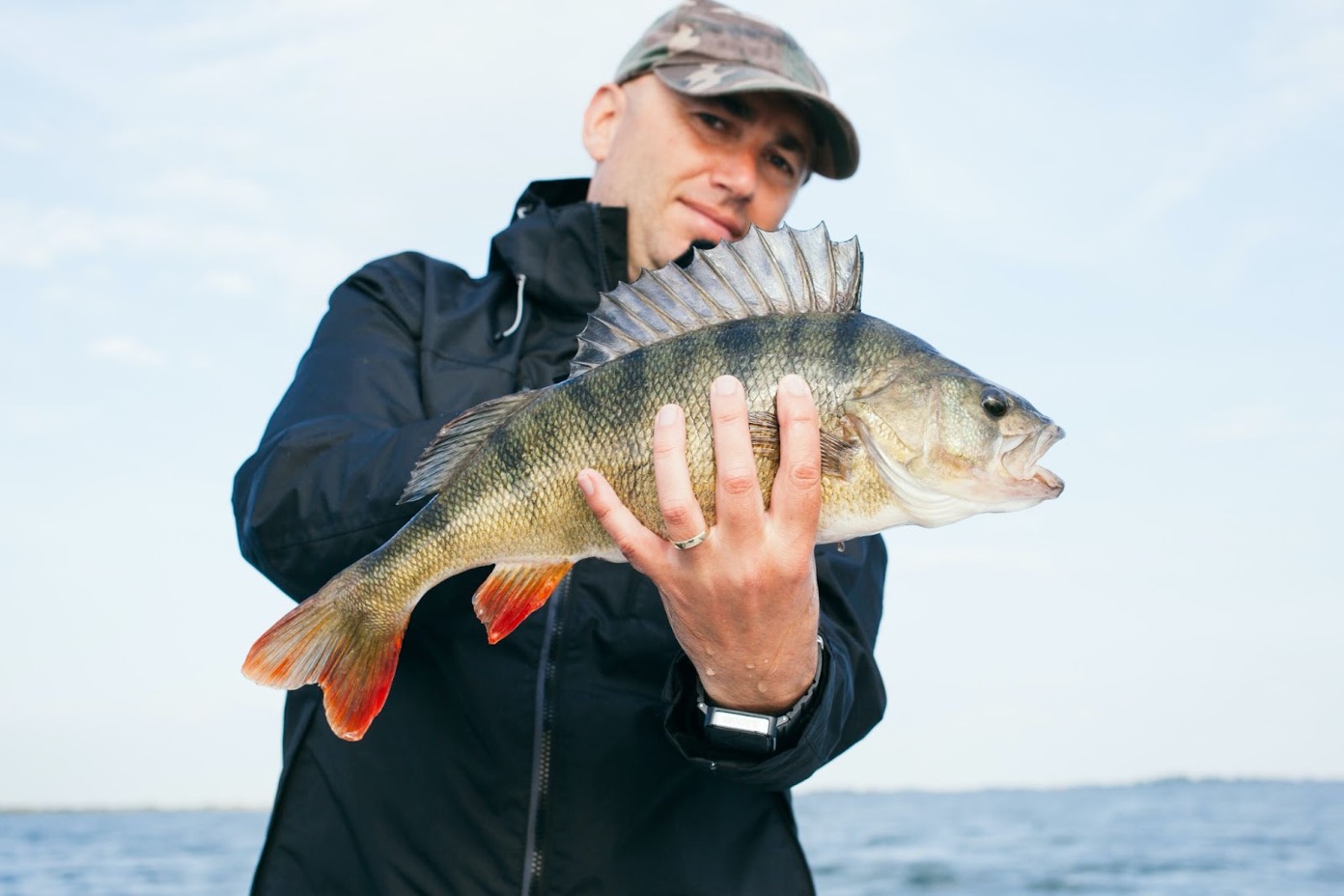
A cracking Perch of more than 3lb – Perhaps this year will be my year!
Check it out
When it comes to your chosen venue, it pays to go and check it out before actually fishing. Lakes can look very different at this time of year. I recently took a walk around a favourite local fishery of mine which consists of three small pools and they looked very different from when I last saw them at the back end of October. One of the reasons I so love these pools is that during late spring and summer they have areas which are thick with lily pads and I just love fishing around lily pads, particularly these as I know from experience they are a favoured haunt of some sizeable carp and tench.
Although as yet there were no signs of the prolific growth that I know will soon be there, the fact that bank side vegetation has still yet to thicken and weed growth in the water is still at a minimum, can, in some cases mean that swims which were unapproachable during the summer are now potential hotspots and well worth a second look. Those reed fringed margins that were impossible to penetrate a few months ago may now have gaps wide enough to create a swim and who knows what might be lurking down there?
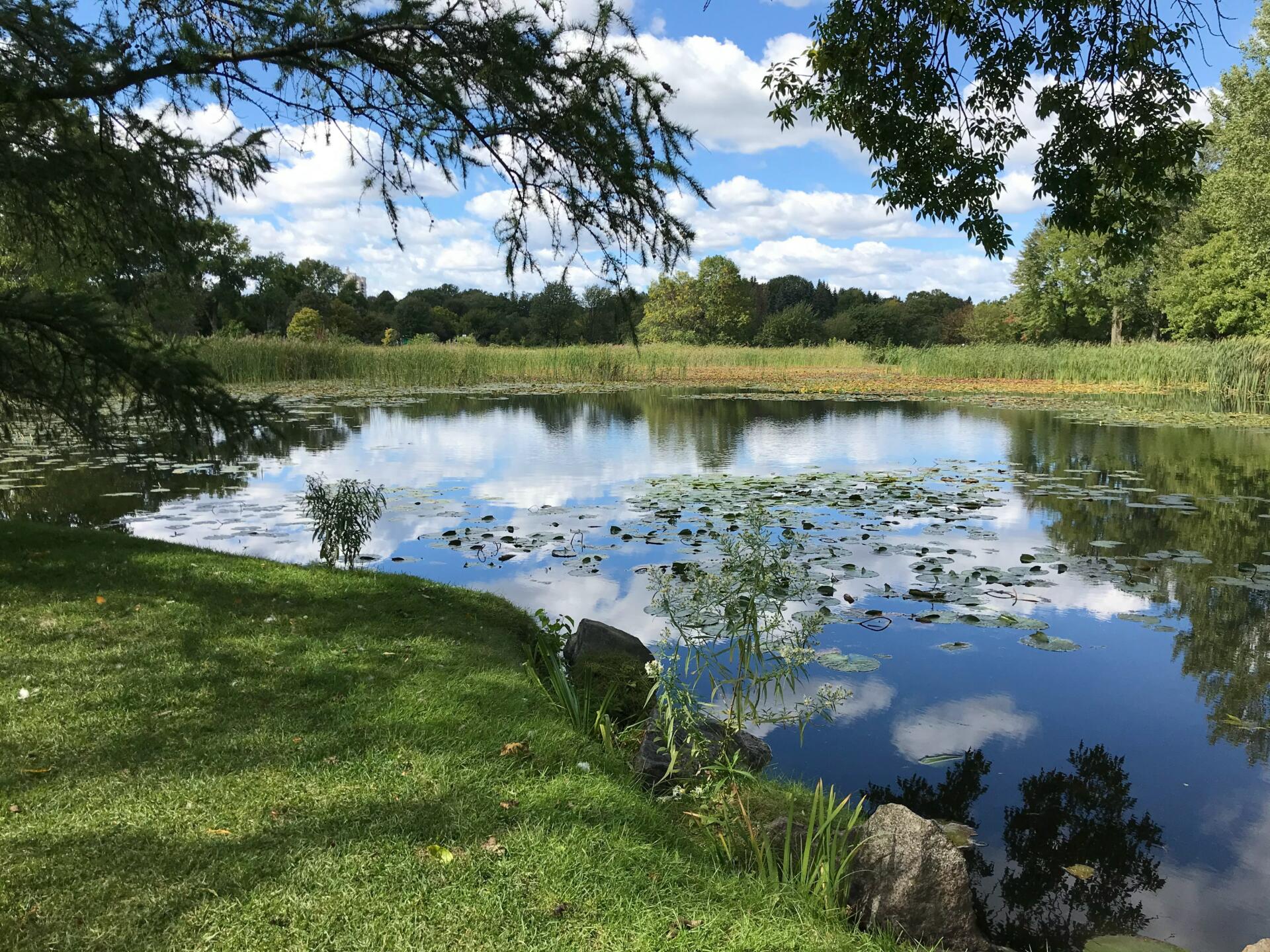
Cold blooded
Fish are cold blooded creatures and as such are only as warm as the environment they live in. Therefore, as temperatures rise it is always a good idea to check out the shallower spots on the lake as these areas will warm up much more quickly than the deeper parts. This warmer water, coupled with extended daylight hours will then encourage fresh aquatic life and therefore becomes a rich larder into which the fish will be drawn.
Try to avoid swims that offer deep water with no depth variation. Fish can be temperamental at this time of year and it is always a better option if your chosen swim offers access to a variety of depths so that if the fish are not feeding at a certain depth you have the option of trying a different one.
Wind factor
Above water, it is unwise to fish facing a cold wind as this will chill the water considerably and probably either stop the fish feeding or make them move to areas less affected by the movement of air in search of food. However, if there is a warmer wind blowing it is often a good idea to fish the area it is blowing into as this can be very productive indeed. This is particularly true if the wind has been blowing for a few days as fish will often accumulate in the warmer water and enjoy the plentiful food that has been blown in.
Baiting up
It is still worth remembering, however that Spring – time, particularly early Spring is still a relatively temperamental time of year, so when it comes to baiting up your swim I would tend to adopt the maxim that less is more. Fish may be moving but they are still likely to be a little lethargic, so keep your freebies to a minimum. This is particularly true if carp or tench are your quarry. Maybe opt for a single small PVA bag of freebies or half a dozen boilies. If using groundbait use just a couple of small balls to kick off your session. You can always add more if the fish respond.
Still with temperature in mind, I tend to avoid early morning sessions in early Spring as the water is at it’s coldest after the long hours of darkness. I prefer to go late morning or early afternoon when the sun has had chance to warm the water up a few degrees and the fish are likely to be a little more active.

An afternoon session is often more fruitful, once the water has warmed up a little.
Patience
Be patient. Don’t expect huge weights of fish at this time of year. It is very unlikely (although not impossible) that the fish will be feeding as heavily as they may do during the summer, so, be realistic in your goal for the session and don’t become disheartened if the fishing is slow. This is a good time to try new tactics so don’t be frightened to give something new a go.
With the possible exception of pike, fishing in the Spring is good for most species, but particularly noticeable will be the presence of bream, carp and of course, tench. Renown for their dislike of cold conditions, fishing for tench during settled spells of warmer weather (usually from around April onwards) is for a lot of anglers, heaven touching earth.
Carp also prefer the rising temperatures and longer days and although they can be caught during the winter months, it is usually Spring and Autumn periods when they are most likely to take a bait.
Tench are bottom feeders and tend to favour low light conditions and softer areas of the lake bed (but not heavy silt) where they can happily grub about in search of a tasty morsel. They also love hanging around weed beds which during the summer when aquatic plants are at their most prolific can make tench harder to catch. Whereas in spring when growth has yet to luxuriate, the chances of landing a specimen is increased. As temperatures rise they will move closer to the margin shallows and simple waggler tactics fished with maggots or a chunk of bread flake close in can be very productive.
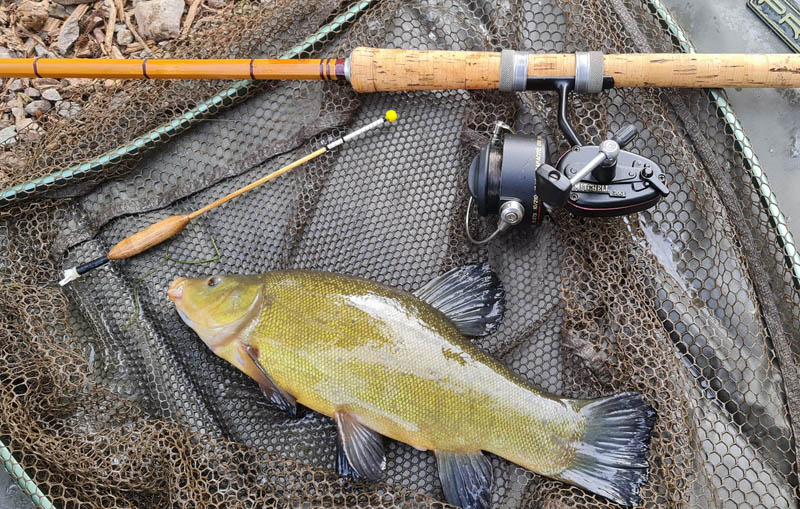
A lovely spring time tench caught on a sliding float rig.
Different tactics
Be prepared to change tactics if what you’re doing isn’t producing results. It may be that the fish are feeding at different depths so it is obviously important to find out. One option is to start with a small method feeder packed with groundbait. Using a small to mid sized feeder won’t overfeed and will show if fishing hard on the bottom is the order of the day. If after half an hour or so it hasn’t produced then alter the rig and go for a waggler fished in mid-water for a while. The important thing is to not be frightened to ring in the changes as fish can be very fickle at this time of year.
Spawning
In the UK most fish spawn when the water temperature reaches anything from 13 degrees up to 19 or 20 degrees. Owing to our often fickle weather this can be anytime from April through to even late July. This fact coupled with the nesting period for birds is the reason why we have a closed season, which used to include a total shut down of all coarse fishing nationwide. Nowadays of course this has relaxed somewhat with only rivers calling for a complete ban on coarse fishing between midnight on 14th March to midnight on 15th June.
In the modern era whether to close a fishery or not is largely down to the fishery owner with the vast majority of lakes and canals now remaining open for fishing throughout the year. Therefore, now, more than ever it is our responsibility to show respect to the creatures that share our wonderful countryside. When fishing during the spring months be mindful of everything that is going on all around you.
At this time of year most of nature will be engaged in the act of procreation and frankly it is pointless trying to fish when it is obvious they are spawning. Food is definitely the last thing on their minds. It’s also worth keeping in mind that fish can be physically more sensitive after spawning so please take extra care and keep handling to a minimum and always use unhooking mats for larger specimens. Also please don’t disturb nesting birds, particularly water birds who often set up home only a few feet from the water’s edge. And don’t forget to renew your rod licence.
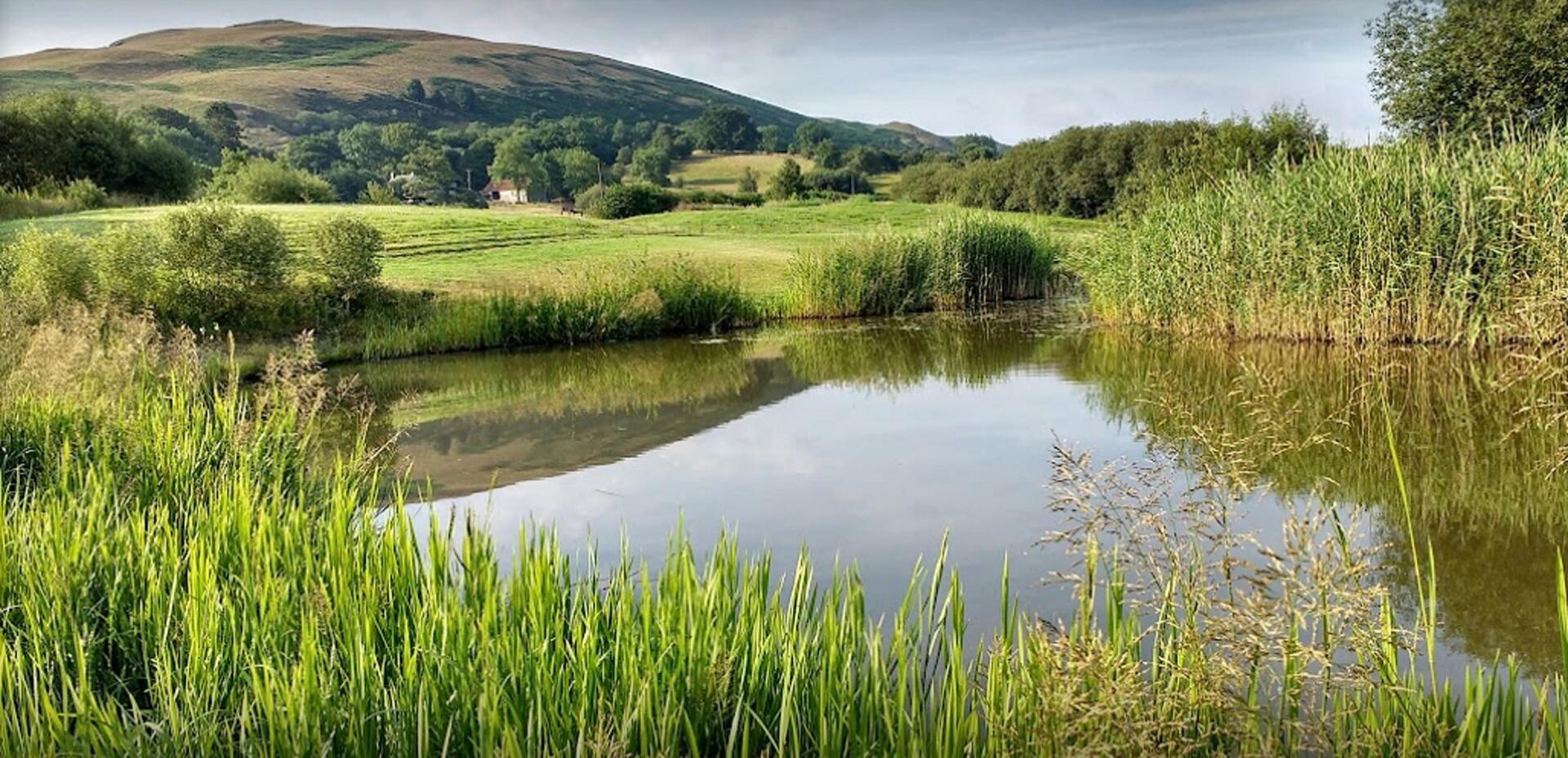
Early spring can be a great time to get out fishing.
To sum up
Fishing during Springtime can be a hit and miss affair, with most species only just shaking off their winter lethargy and becoming more active. That said it is a wonderful time to be waterside and with a little forethought and attention to detail, there is some excellent sport to be had whilst enjoying the knowledge that during the coming months things from a fishing point of view things can only get better. Tight Lines.
FAQ’s
When is the best time to fish in the Spring?
Obviously this can vary, but, particularly in the early spring I would suggest afternoons and early evenings when the water has warmed up a little. Obviously this will change as the season progresses.
What weather is best for coarse fishing?
I always feel more confident during spells of overcast weather with plenty of cloud cover. Fish seem to feed more confidently then than in bright sunshine.
Can you coarse fish all year round?
Yes and no. You cannot fish rivers and some canals between 15th March to 15th June, both dates inclusive. However, the vast majority of lakes and ponds in the UK are open to fishing all year round. Check with individual fishery owners before fishing.
What is the best bait for fishing in the spring?
Most baits will produce, maggots, worms, casters, bread, pellets, boilies. The secret to success is not to be over generous with your free offerings, especially in early spring when fish may still be a little lethargic and not overly hungry.
Similar articles
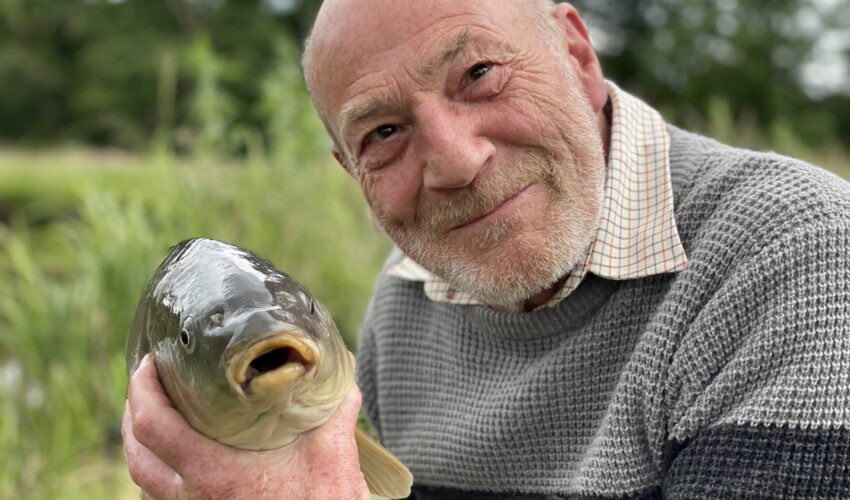
In Memory of Peter Cliff
It is with heavy hearts that we announce the passing of Peter Cliff, the founder of Fisheries.co.uk, who passed away in May 2025. Peter’s vision and dedication transformed what began as an idea 26 years ago into one of the…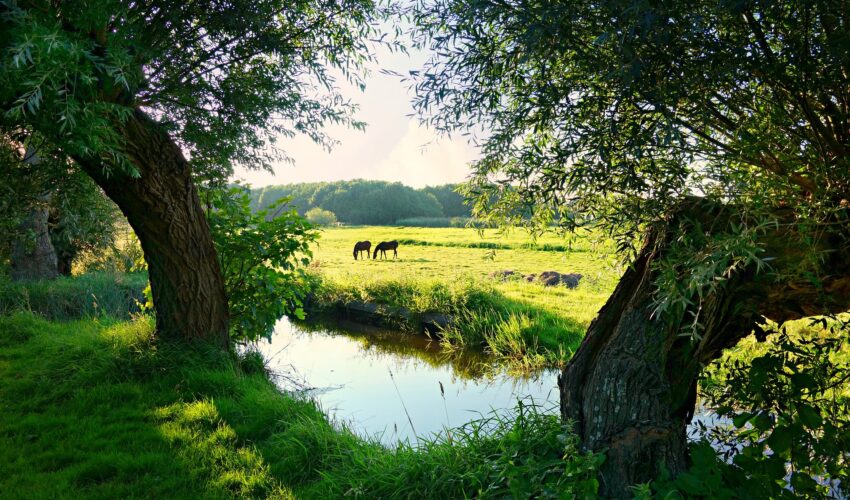
River Fishing – A guide to getting started
Are you thinking of going for a trip to the river in 2025 but find yourself filled with trepidation because you have never fished running water before? Well I want you to relax. Let us take the mysteries out of…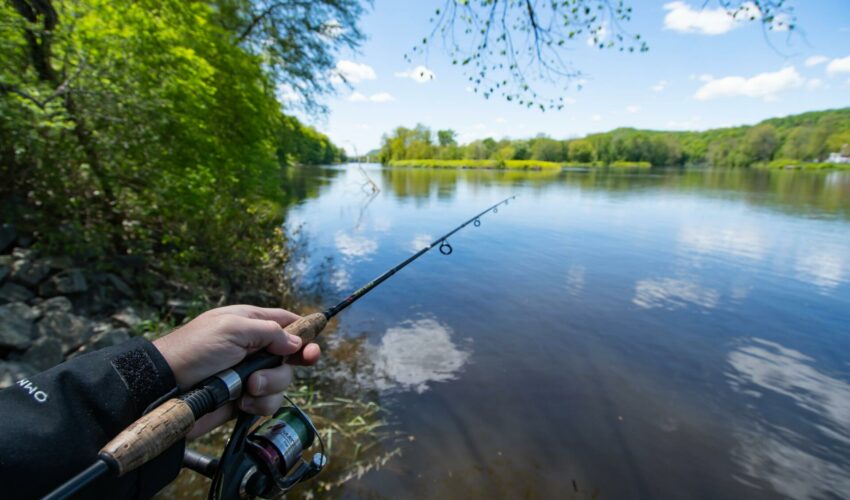
A guide to fishing licences in 2025
Whether you want to become a new angler or you’ve been fishing for years, you will be required to obtain the Environment Agency Rod Licence. In this article we explain what you’ll need if you want to go fishing in…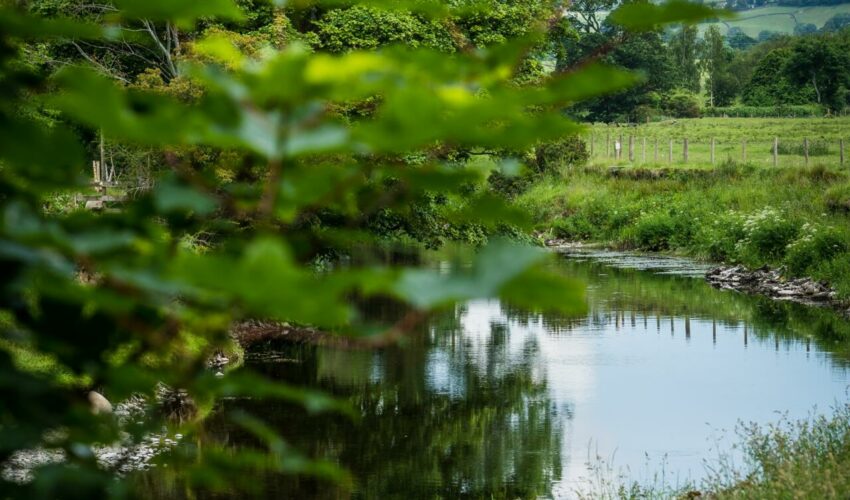
Make the most of the 2025 river season with this in-depth guide to fishing rivers
If you’re new to fishing rivers, or just fancy a change from fishing stillwaters, this guide will help you make the most of the new 2025 river fishing season. With advice on reading the water, what species to fish for…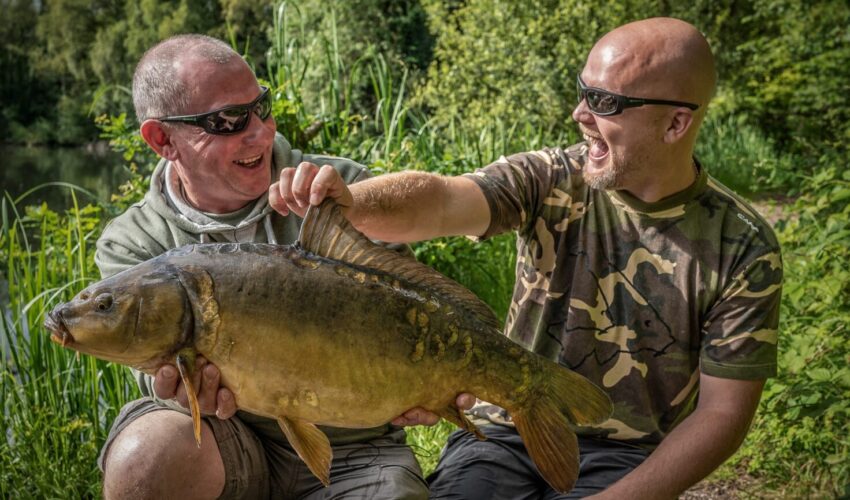
Take a friend fishing
Get ready to hit the water! From April 18th to May 4th, 2025, you can get a free fishing license to take a buddy out and show them what fishing’s all about. Yep, free! It’s all part of the “Take…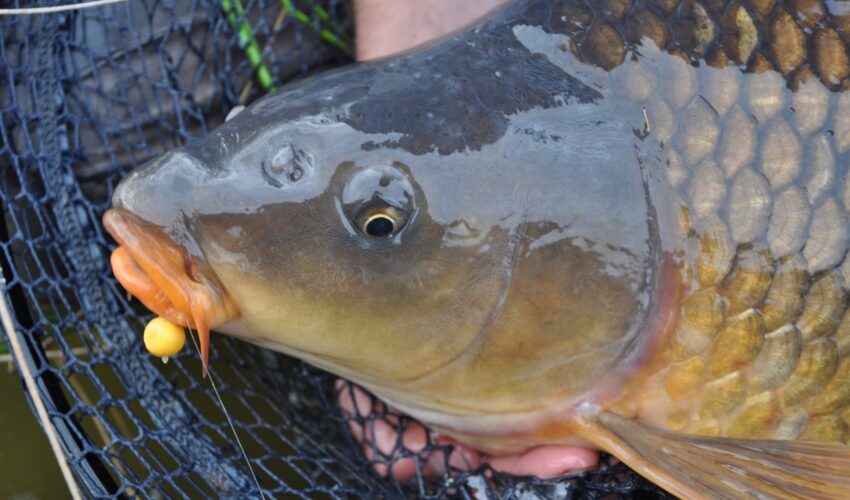
Fishing tips for hard days: How to get more bites
It happens to the best of anglers. Whether conditions are tough, the fish are moody, or our plans simply aren’t working, there are days we struggle. But what can you do to catch fish that seem unwilling to cooperate? There’s…Search by Region or County
Find new places to go fishing in your local area or county by choosing your destination below

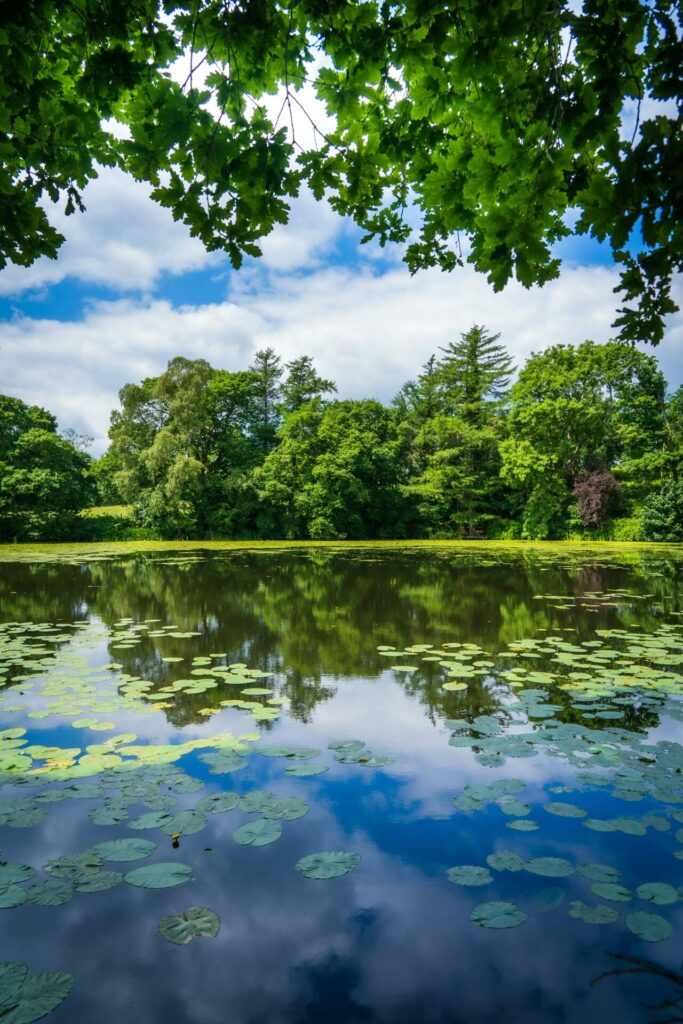








Comments